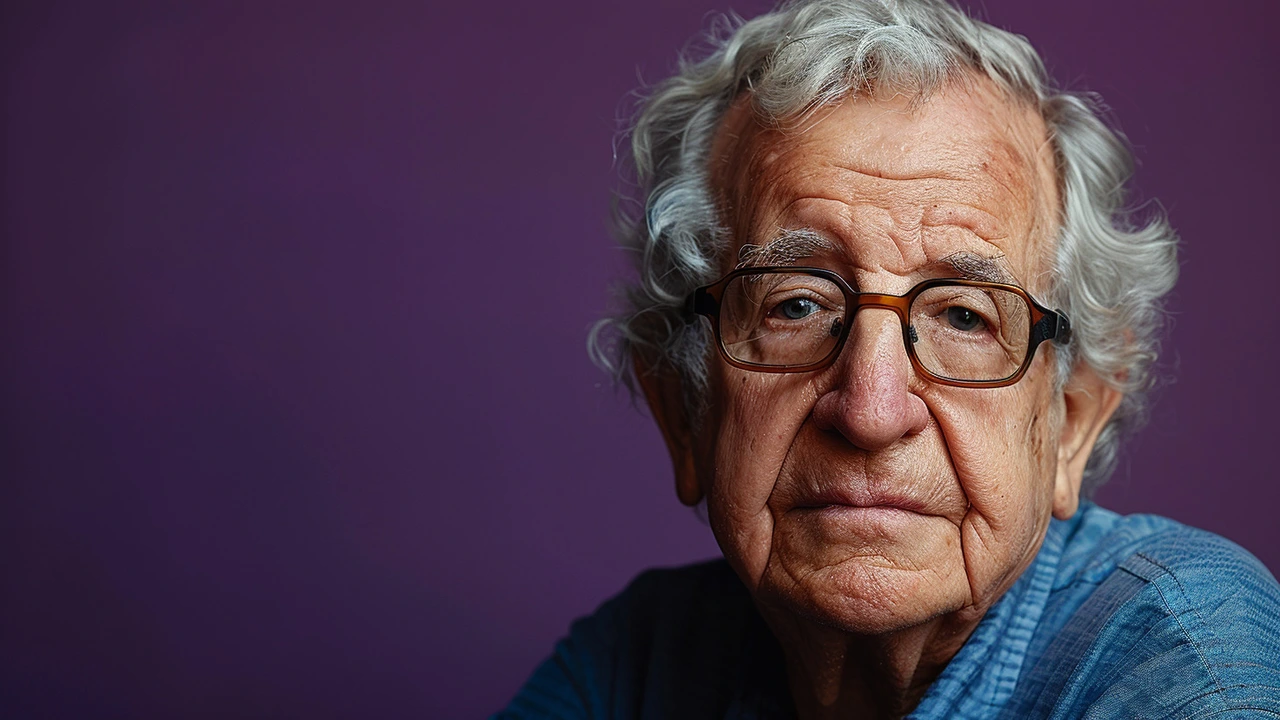Death Rumors – Spot the Truth Quickly
If you’ve ever seen a headline saying someone famous has died, only to find out later it was a hoax, you know how confusing that can be. Death rumors spread fast on social media, in group chats, and even in news feeds. They often look real because they use familiar photos or official‑sounding language. The good news is there are easy ways to check if the story is true before you share it.
Why Death Rumors Spread
People love dramatic stories, and a death announcement is instantly attention‑grabbing. A single post can get thousands of likes, retweets, or shares in minutes, so the rumor grows on its own. Emotions also play a role – fans feel shock, sadness, or anger, which makes them react quickly without thinking about verification. Sometimes a typo or an old photo is taken out of context and becomes a “proof” that looks convincing.
Another reason is the speed of modern communication. Platforms push breaking news first, even if it’s not fully confirmed. Bots can amplify a rumor by posting it in many groups at once. When the story reaches mainstream outlets, the damage is already done, and correcting the mistake later takes more effort than preventing it.
How to Verify a Death Report
1. Check official sources. Look for statements from the person’s family, their management team, or reputable news agencies. A verified Twitter account of the family or an official press release is usually reliable.
2. Search multiple outlets. If only one website reports the death, be skeptical. Major newspapers, TV stations, and trusted online portals will usually cover a notable death within hours.
3. Look for the timestamp. Sometimes an old obituary or tribute is shared as if it were new. Check the date on the article or image – a quick scroll can reveal the original posting year.
4. Use fact‑checking sites. Websites like Snopes, FactCheck.org, or local verification services often have a page for trending rumors. A quick search of the person’s name plus “death” will show if it has been debunked.
5. Watch the language. Sensational wording (“shocking death”, “tragic accident”) is a red flag. Reputable reports stick to facts and avoid exaggeration.
For example, when Sam Nujoma’s passing was announced, major African news outlets, government statements, and multiple reputable sites reported the same details within minutes. The consistency across sources confirmed it wasn’t a rumor.
When you’re unsure, give yourself a few extra minutes before hitting “share”. A short pause can prevent spreading misinformation that hurts families and confuses fans. If you discover a story is false, consider posting a correction or simply not sharing further – the truth travels faster when we all check first.
Death rumors are frustrating, but they’re also easy to manage with a few simple steps. Keep these tips in mind, trust reliable sources, and help stop the spread of fake news. Your vigilance protects both yourself and the people you care about from unnecessary worry.
- June
19
2024 - 5
Noam Chomsky's Wife Dispels Death Rumors: Renowned Linguist is Alive and Recovering
Valeria Wasserman Chomsky, wife of the distinguished linguist and activist Noam Chomsky, has dismissed circulating reports of his death. These unfounded claims surfaced on social media, leading to premature obituaries by Jacobin and The New Statesman. Chomsky, aged 95, is alive and recuperating from a previous stroke. Recently hospitalized in Brazil, he has now been discharged to continue his recovery at home.
Read More